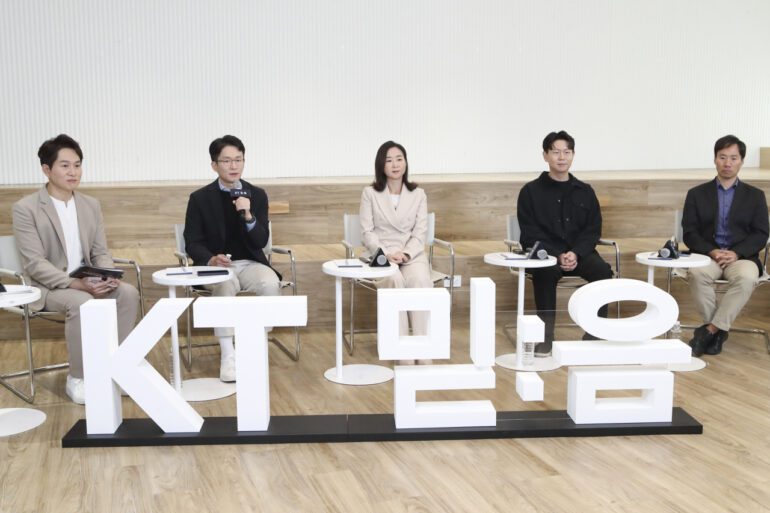TL;DR:
- KT Corp introduces Mi:dm, a massive AI model aimed at diverse sectors.
- Mi:dm is the first Korean LLM trained on over 1 trillion tokens.
- It offers four models, from basic to large, with up to 200 billion parameters.
- KT plans to share Mi:dm’s foundational model with other companies.
- Three advanced technologies reduce AI hallucinations by up to 70%.
- Collaborations with AI startups, including Upstage, aim to conquer the global generative AI market.
Main AI News:
South Korea’s premier mobile carrier, KT Corp., has introduced Mi:dm, a formidable AI model. This ambitious endeavor seeks to broaden the scope of KT’s AI initiatives, extending its reach into sectors such as manufacturing, finance, education, and the public domain, both domestically and globally.
What sets Mi:dm apart is its groundbreaking scale – a feat achieved through extensive training on a staggering 1 trillion text tokens, the foundational units for Large Language Models (LLMs). This landmark achievement firmly positions KT as the first Korean company to develop an LLM of this magnitude.
Mi:dm’s versatility is another key highlight, offering four distinct models tailored to different requirements. These range from the “basic” version, with approximately 7 billion parameters, to the “large” iteration boasting a colossal 200 billion parameters. As industry experts know, the number of parameters directly correlates with a model’s capability. For perspective, the renowned GPT-3 model by US-based OpenAI, known for its human-like text generation, comprises 175 billion parameters.
Not content with keeping this remarkable technology to themselves, KT is generously sharing the foundational Mi:dm model with other companies. This inclusive approach provides a comprehensive AI development package, complete with access to KT Cloud’s hyperscale AI computing service and Rebellions Inc.’s neural processing unit infrastructure. Such collaborations are expected to catalyze the creation of diverse AI services across industries.
KT’s commitment to quality is evident in the development of three cutting-edge technologies: document AI, search AI and factguard AI. These innovations address the issue of AI hallucinations, wherein LLMs generate inaccurate information. With these technologies, Mi:dm can reduce such anomalies by up to 70% compared to other generative AI services. Document AI empowers Mi:dm to comprehend complex documents efficiently, while search AI utilizes deep-learning techniques to retrieve the latest information. Factguard AI ensures that generated responses are firmly grounded in original documents.
Furthermore, KT is actively forging partnerships with various AI startups, including Upstage, to pioneer distinctive AI business models. The ultimate goal is to tap into the rapidly expanding global generative AI market, which is projected to reach an astonishing US$1.3 trillion by 2032. KT’s forward-looking approach and innovative strides position them as a formidable contender in this burgeoning arena.
Conclusion:
KT’s unveiling of Mi:dm, a pioneering 200 billion-parameter AI model, marks a significant step in the Korean AI landscape. Its inclusive approach and advanced technologies position KT as a strong contender in the expanding global generative AI market, projected to reach $1.3 trillion by 2032. This move opens doors to diverse AI applications across industries, reinforcing KT’s position as an AI leader in South Korea and beyond.

